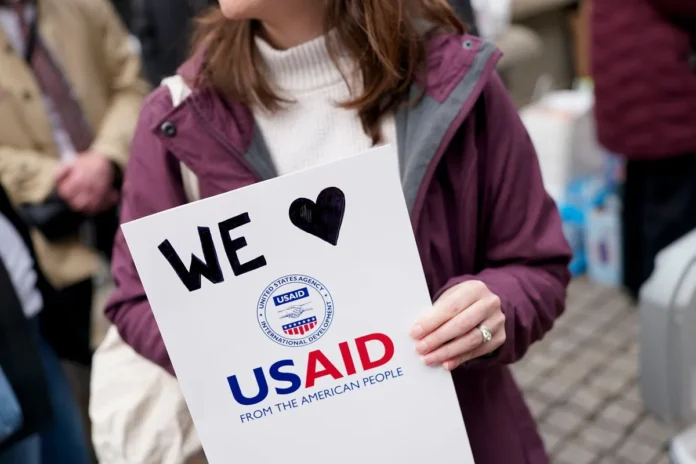More than 14 million people, one-third of them small children, could die by 2030 as a result of sweeping cuts to U.S. foreign aid under the Trump administration, a new study published Tuesday in The Lancetwarns.
The research, conducted by an international team led by the Barcelona Institute for Global Health (ISGlobal), raises alarms over the devastating global health impact of an 83% reduction in funding by the U.S. Agency for International Development (USAID). The United States had historically provided more than 40% of all global humanitarian aid before former President Donald Trump returned to office in January.
Just weeks into his second term, Trump’s then-advisor Elon Musk reportedly boasted of putting the aid agency “through the woodchipper.” Since then, multiple countries including Germany, France, and the UK have also announced cuts to their aid budgets, compounding the crisis.
“This scale of shock to global health systems is comparable to a major pandemic or armed conflict,” said co-author Davide Rasella. “For many low- and middle-income countries, it could reverse two decades of progress.”
By analyzing data from 133 countries, the study estimates that USAID funding helped avert over 91 million deaths between 2001 and 2021. The loss of such support could now result in an estimated 14 million preventable deaths by 2030, over 4.5 million of them children under five, or roughly 700,000 child deaths each year.
The impact is especially pronounced in programs targeting disease prevention. Countries with high USAID support saw 65% fewer deaths from HIV/AIDS and 50% reductions in deaths from malaria and neglected tropical diseases. Overall, USAID-backed programs reduced all-cause mortality by 15%, and by 32% for children under five.
The grim projections come as dozens of global leaders gather in Seville, Spain, for the largest aid conference in a decade. Notably absent is the United States, despite the mounting humanitarian fallout.
“Now is the time to scale up, not scale back,” Rasella urged. The study’s authors stress that the death toll could be significantly reduced if funding commitments are urgently restored.
Co-author James Macinko from UCLA emphasized the value of continued support: “U.S. citizens contribute about 17 cents per day to USAID. That small amount has been incredibly effective in saving millions of lives.”
USAID previously accounted for just 0.3% of the U.S. federal budget.
Written By Rodney Mbua



















